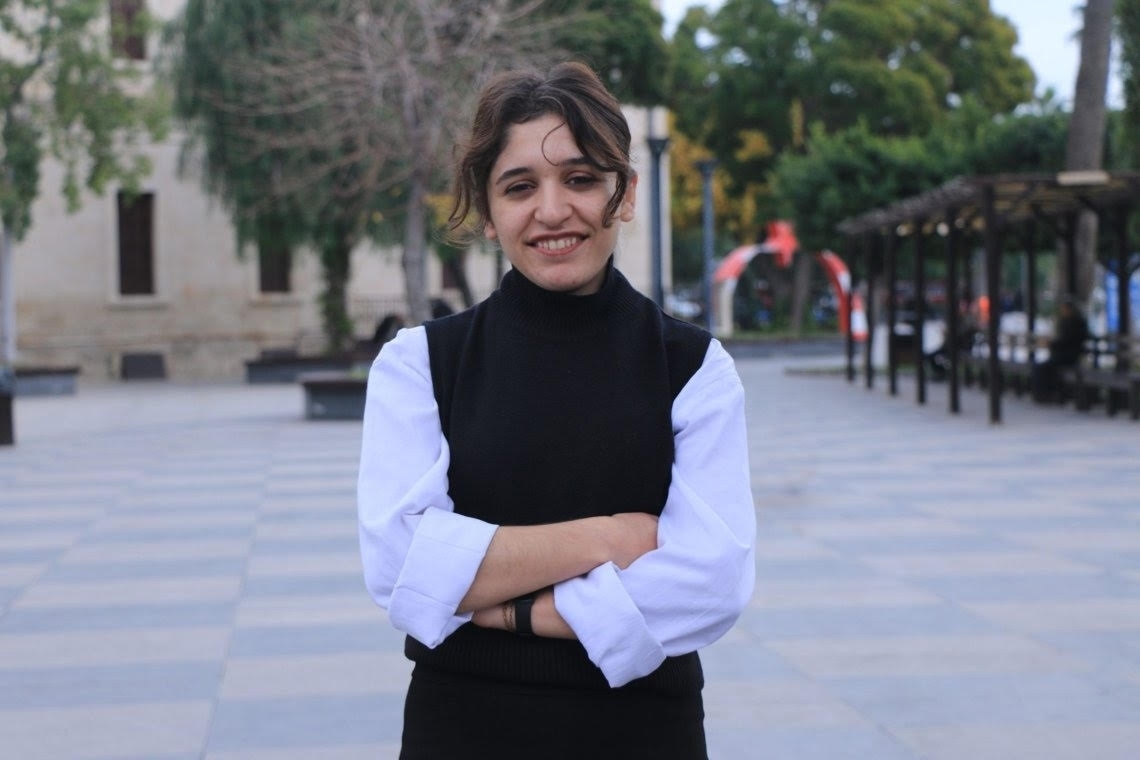DENİZ TEKİN
Journalist Yüsra Batıhan is facing trial for allegedly "publicly disseminating misleading information" under Turkey's controversial disinformation law. The charges stem from social media posts related to the devastating February 6, 2023, earthquakes that struck southeastern Turkey, particularly Hatay province.
Background and charges
Batıhan, a journalist with the Mezopotamya Agency (MA), shared reports on social media titled “Bodies are being buried, the state is unaware” and “30 containers sent by HDP for earthquake victims were seized.” The posts led to an investigation initiated by the Ankara Chief Public Prosecutor's Office, following a report by the Adana Police Department’s Cybercrime Unit.
The prosecution alleges that Batıhan's posts, including claims that AFAD (Turkey's Disaster and Emergency Management Authority) seized aid supplies and restricted press access, were false and could incite public fear and unrest.
Disputed surveillance and investigation process
The investigation relied on Turkey’s "cyber patrol" practice, which the Constitutional Court deemed unconstitutional in 2020 for violating privacy rights. Despite this ruling, authorities reportedly continue using the practice to monitor social media content.
Defense and court proceedings
Batıhan defended her posts as accurate, verified information reflecting on-the-ground realities in earthquake-affected areas. "I obtained and shared confirmed information in line with my journalistic duty and the constitutional right to free expression," she stated during a preliminary hearing in Mersin.
The prosecutor's indictment argues that Batıhan’s statements could disrupt public order, citing specific posts about unreported burials and alleged seizure of aid trucks. However, Batıhan countered, "There was no public peace to disrupt when bodies remained under rubble days after the disaster."
Broader implications and the disinformation law
Batıhan criticized the use of Turkey’s disinformation law to silence independent reporting, particularly during crises. "The government tried to control the narrative during the earthquake and suppressed journalists who wouldn't conform," she told the Media and Law Studies Association (MLSA).
Her case highlights ongoing tensions between press freedom and government efforts to regulate information, especially on social media. The second hearing is scheduled for January 21, 2025, at the Ankara 75th Criminal Court of First Instance.
Context: the disinformation law in Turkey
Enacted in 2022, the disinformation law (Article 217/A of the Turkish Penal Code) criminalizes spreading false information that threatens public order. Critics argue that the vaguely defined law undermines press freedom and targets dissenting voices. Batıhan's trial is part of a broader pattern of legal actions against journalists reporting on the government's handling of the earthquake response.



